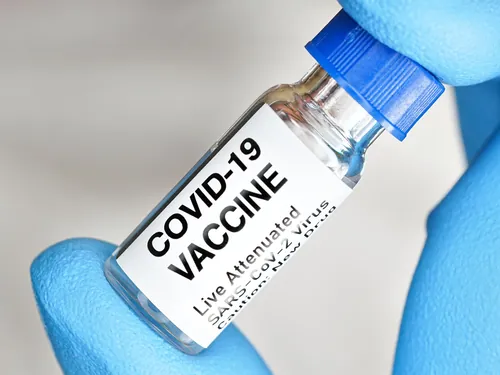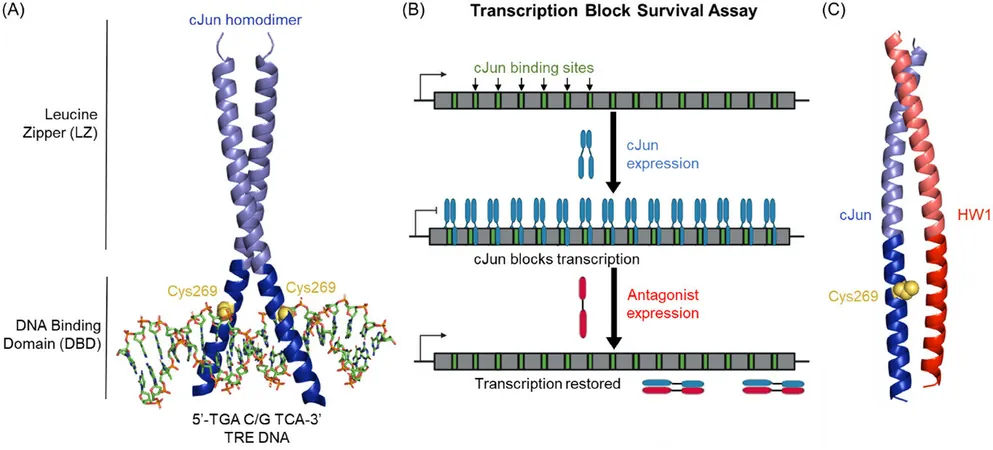
Breakthrough Research Reveals COVID-19 Vaccination Significantly Lowers Long COVID Risk in Adults
2025-03-25
Author: Nur
Breakthrough Research Reveals COVID-19 Vaccination Significantly Lowers Long COVID Risk in Adults
Recent findings have shed light on the protective effects of COVID-19 vaccination, revealing that it can significantly reduce the risk of developing long COVID—a condition that has left many suffering from debilitating symptoms long after the initial infection.
A comprehensive review examined various studies conducted across Europe and similar regions, focusing on those adhering to the World Health Organization's clinical case definition for post COVID-19 condition (PCC). Out of seven high-quality studies analyzed, six demonstrated a statistically significant decrease in the risk of PCC among vaccinated adults compared to those who remained unvaccinated. This study underscores the vaccine's critical role not only in shielding individuals from serious illness during the acute phase of the pandemic but also in potentially alleviating long-term health challenges associated with the virus.
However, despite these promising results, caution is warranted. The evidence on whether vaccination can shorten the duration of PCC symptoms or its effectiveness among children, adolescents, and immunocompromised populations remains limited. This gap highlights an urgent need for further research to fully understand the vaccine's impact across diverse demographic groups.
Edoardo Colzani, the Head of Respiratory Viruses and Legionella at the European Centre for Disease Prevention and Control (ECDC), noted this pivotal takeaway: "Vaccination is crucial—not just for preventing severe outcomes during the pandemic but also for mitigating the risk of long-term effects."
These insights are vital as public health strategies evolve and adapt to ensure broader community protection. Authorities may want to prioritize studies that delve deeper into the effects of vaccination on groups that are particularly vulnerable.
As we navigate the complexities of COVID-19 and its lingering effects, it is imperative that we continue to review and support vaccination efforts. Evolving data will pave the way for effective public health interventions that can diminish both immediate and prolonged impacts of this pervasive virus, making ongoing vigilance and research more critical than ever.



 Brasil (PT)
Brasil (PT)
 Canada (EN)
Canada (EN)
 Chile (ES)
Chile (ES)
 Česko (CS)
Česko (CS)
 대한민국 (KO)
대한민국 (KO)
 España (ES)
España (ES)
 France (FR)
France (FR)
 Hong Kong (EN)
Hong Kong (EN)
 Italia (IT)
Italia (IT)
 日本 (JA)
日本 (JA)
 Magyarország (HU)
Magyarország (HU)
 Norge (NO)
Norge (NO)
 Polska (PL)
Polska (PL)
 Schweiz (DE)
Schweiz (DE)
 Singapore (EN)
Singapore (EN)
 Sverige (SV)
Sverige (SV)
 Suomi (FI)
Suomi (FI)
 Türkiye (TR)
Türkiye (TR)
 الإمارات العربية المتحدة (AR)
الإمارات العربية المتحدة (AR)